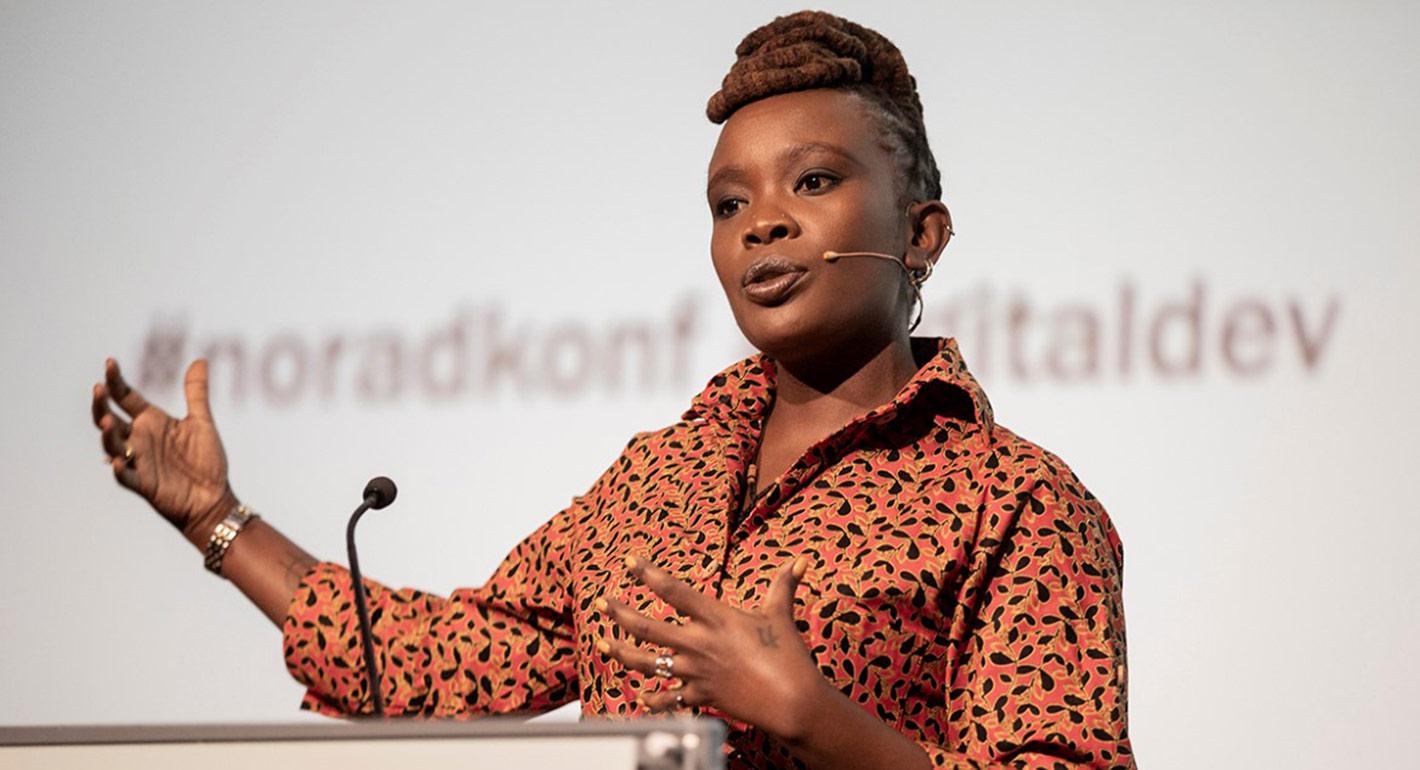I am fascinated by the power of narratives. Narratives can include nuance, accommodate complexity, and incorporate diverse perspectives to shape shared visions and conceptual definitions, such as what comprises technological innovation. Narrative can also be a powerful tool to challenge the status quo, and to expand the current standards of representation, inclusion, and diversity.
But narratives can also oversimplify reality. It is often declared, somewhat feverishly and uncritically, that a new technology will be the game-changer that will fix an intractable challenge. These deterministic narratives have spawned sectors such as mobile, information and communication technology, blockchain, and artificial intelligence for development at various turns. What is obfuscated by this simplistic framing, however, is that technologies are not developed nor deployed in a vacuum. Nor do they have universal application, as the intended users are not a monolithic group living out a singular reality. Nonetheless, these narratives remain, and have gained momentum as digital technologies disrupt how sectors like health, finance, and education operate. We saw this come to a head in 2020, as the coronavirus pandemic entrenched digital technology into public duties and private lives. Yet overhyped technologies may fail to match expectations. What, for instance, became of the contact-tracing apps that were all the rage?
Investigating such narratives has guided my work in the technology policy and governance landscape. My work in the research department at Kenya’s premier tech innovation space, the iHub, challenged narratives on technological innovation in Africa. Shaping narratives on gender in tech development and policymaking informed my work on local, regional, and international policy dialogues and recommendations at the World Wide Web Foundation. Similarly, I pushed to diversify the narratives on digital technologies and sustainable development that were seeded in the influential UN Secretary General’s High-Level Panel on Digital Cooperation, of which I was a member.
At Carnegie, I look forward to further investigating, challenging, and shaping the narratives around digital technologies. I am particularly excited to bridge insights from the Global North and South, those of the creators and financers of technologies with those of the intended beneficiaries, and how they all come together to influence the global governance of digital technologies. One of the most important tools in recalibrating narratives is weaving interdisciplinary insights, as I will do in the CyberFI project. This collaborative approach will be just as important in showcasing the reciprocal nature of technology and international affairs more broadly, a Carnegie work pillar to which I will also contribute.
